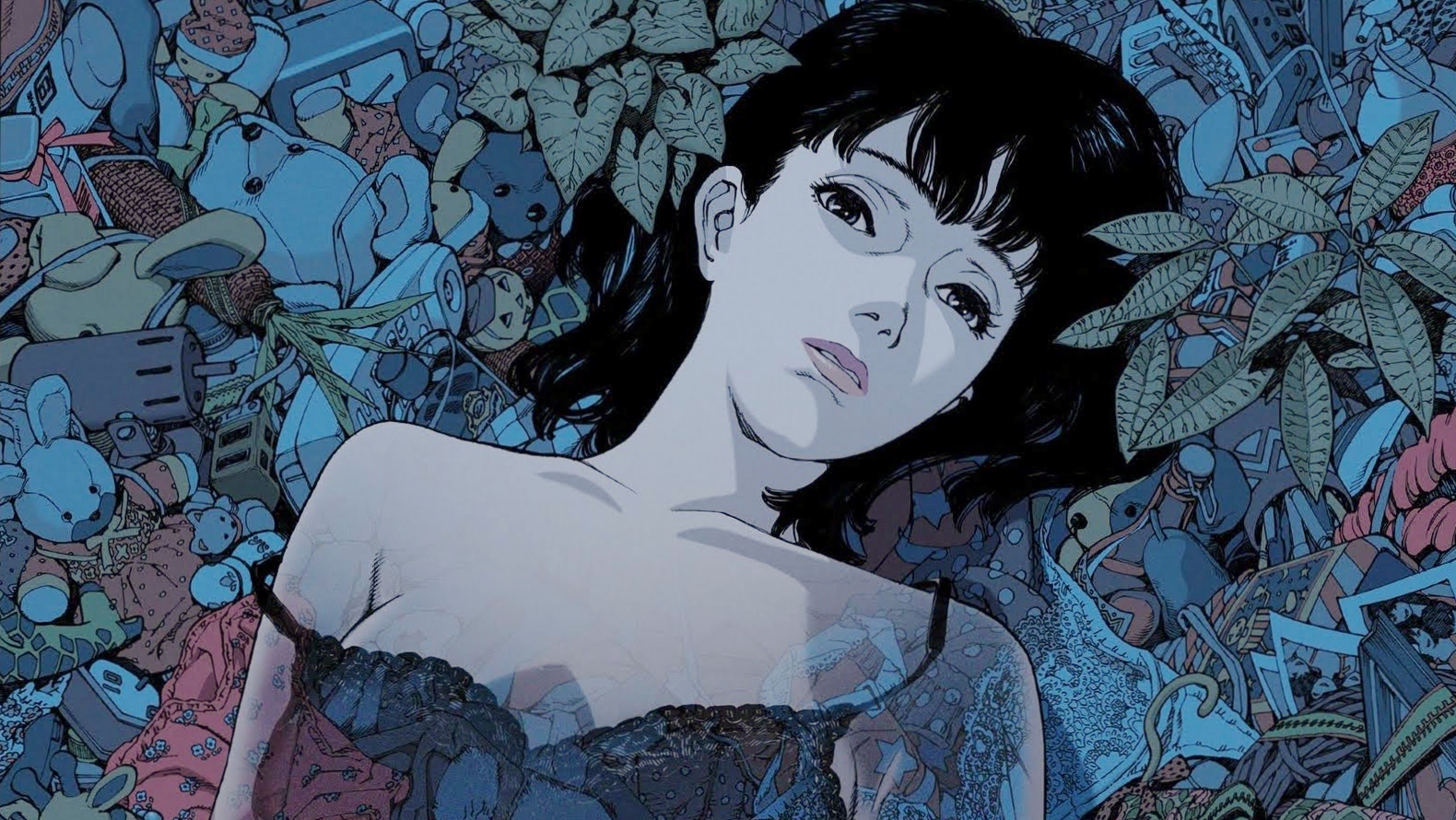The male gaze is a concept coined by feminist film critic Laura Mulvey. It refers to the way visual arts are structured around a masculine viewer. It describes the tendency in visual culture to depict the world and women from a masculine point of view and in terms of men's attitudes.
The male gaze consists of three different gazes
- that of the person behind the camera,
- that of the characters within the representation or film itself, and
- that of the spectator.
Perfect Blue 1997 by Kon Satoshi
Perfect blue is a perfect reference on gazing. It is a thriller and serious film with deep meaning and challenging the representation of gender in very different aspects. As an idol in Japan, it is very 'saint-like' and they are shaped into the perfect model fans are dreaming of. Japanese women or girl idols live in a heavily gazed society because their country is very male-dominant. Female characters in animation or in films are very much rooted with the standard of a perfect Japanese women who are delicate, beautiful and passive. Perfect Blue talks about the truth behind these rules and how the main character Mima is stressed and mentally fragmented due to all the gazed from the society. She eventually loss herself and confused with the identity. This could also be the truth of women in Japan who live constantly under pressures.
The male gaze is very strong and rooted since early age. It is not easy to challenge the representation of characters. There are a quite a lot of female-dominant films or animations that failed to step out of the gaze of male for example: Superwoman
Although this is worshipping the power women have and could be as powerful as male, the costume of superwoman is still has a huge influence under male gaze such as short skirt, skin tight top, showing a lot of legs. Society might find it difficult to be attractive if the character is not sexually appealing and this proof that the male gaze is silently implanted in everyones' mind since long time ago.




